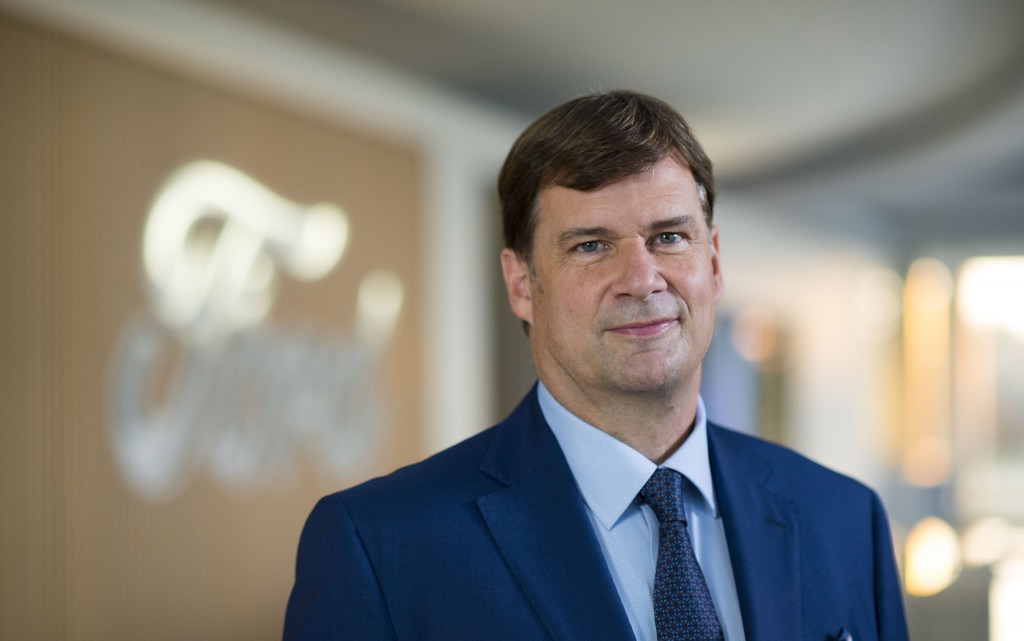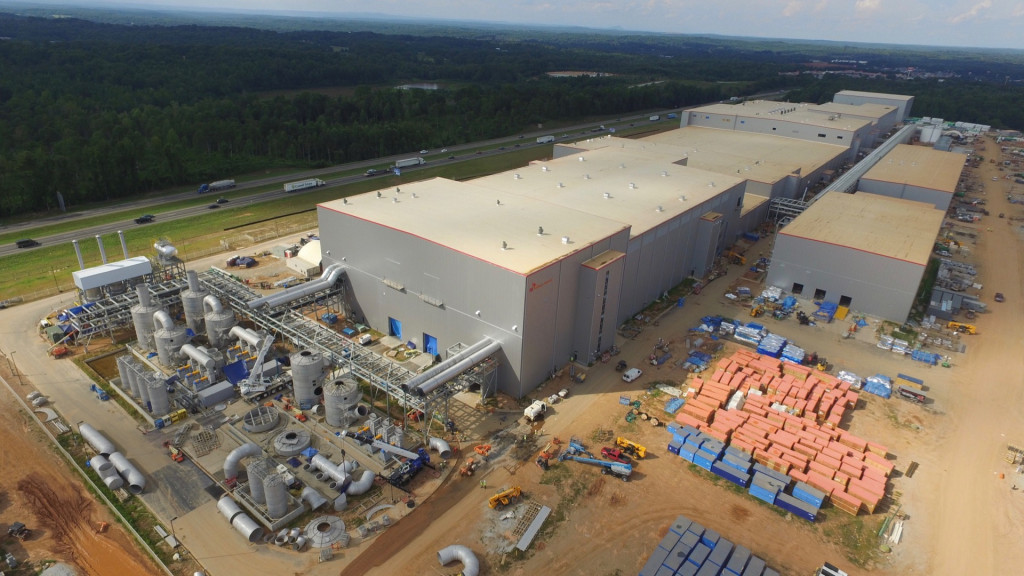Ford CEO Jim Farley is calling for more battery production in the United States to ensure stability of battery supplies, but that might also be good for carbon emissions, according to a recent report.
"We need to bring large-scale battery production to the U.S., and we'll be talking to the government about [that,]" Farley said at the Wolfe Research Auto Conference (via Transport Topics). "We can't go through what we're doing with chips right now in Taiwan. It's just too important."
The chip shortage Farley referred to has caused production constraints for many automakers, who would probably like to avoid similar issues with battery cells as they ramp up production of electric cars. A guaranteed supply of batteries may not be the only benefit of U.S. production, however.
A Bloomberg New Energy Finance (BNEF) report argues that carbon-dioxide (CO2) emissions associated with the manufacturing of batteries has the potential to become much smaller with U.S. production.
The overall carbon footprint of batteries depends directly on the location where they are manufactured, and where raw materials are refined, the report said. CO2 emissions from battery manufacturing in China are 60% to 85% higher than in the Europe and the U.S., and that gap will increase even further by 2030, the report said.

Jim Farley
In other words, with battery cells (or entire vehicles) manufactured in China, we're paying for CO2 emissions from a grid that is still one of the world's dirtiest. China is working to clean up its grid with mammoth investments, and the future of electric cars may depend on that.
In some of the nations with the dirtiest electrical grids, a 2018 BNEF report said that it's possible the pollution from manufacturing a battery pack could exceed the benefits of using it in an EV. But most of those countries are rapidly improving grid cleanliness.
Farley's comments indicate Ford is pivoting to a new position. Just last September the company said that it saw "insufficient scale" for its own battery factory.

SK Innovation battery-factory construction in Commerce, Georgia
Ford was hoping to use battery cells from a new SK Innovation factory in Georgia for its upcoming F-150 Electric pickup truck, but SK Innovation is now caught in a legal dispute with fellow South Korean battery firm LG Chem.
After LG sued SK, claiming the latter misappropriated trade secrets through the hiring of former employees, the U.S. International Trade Commission (ITC) voted to effectively ban SK Innovation from the U.S. market, although the company will be able to supply Ford for four years, as well as Volkswagen's Tennessee assembly plant for two years.












